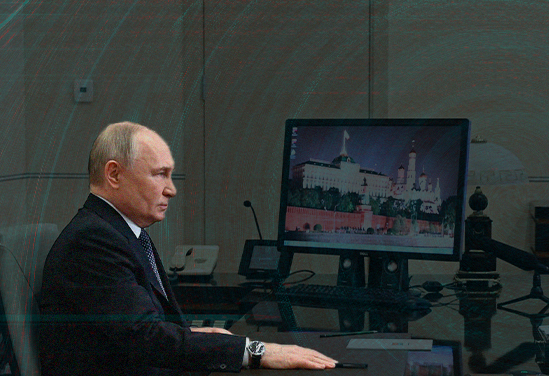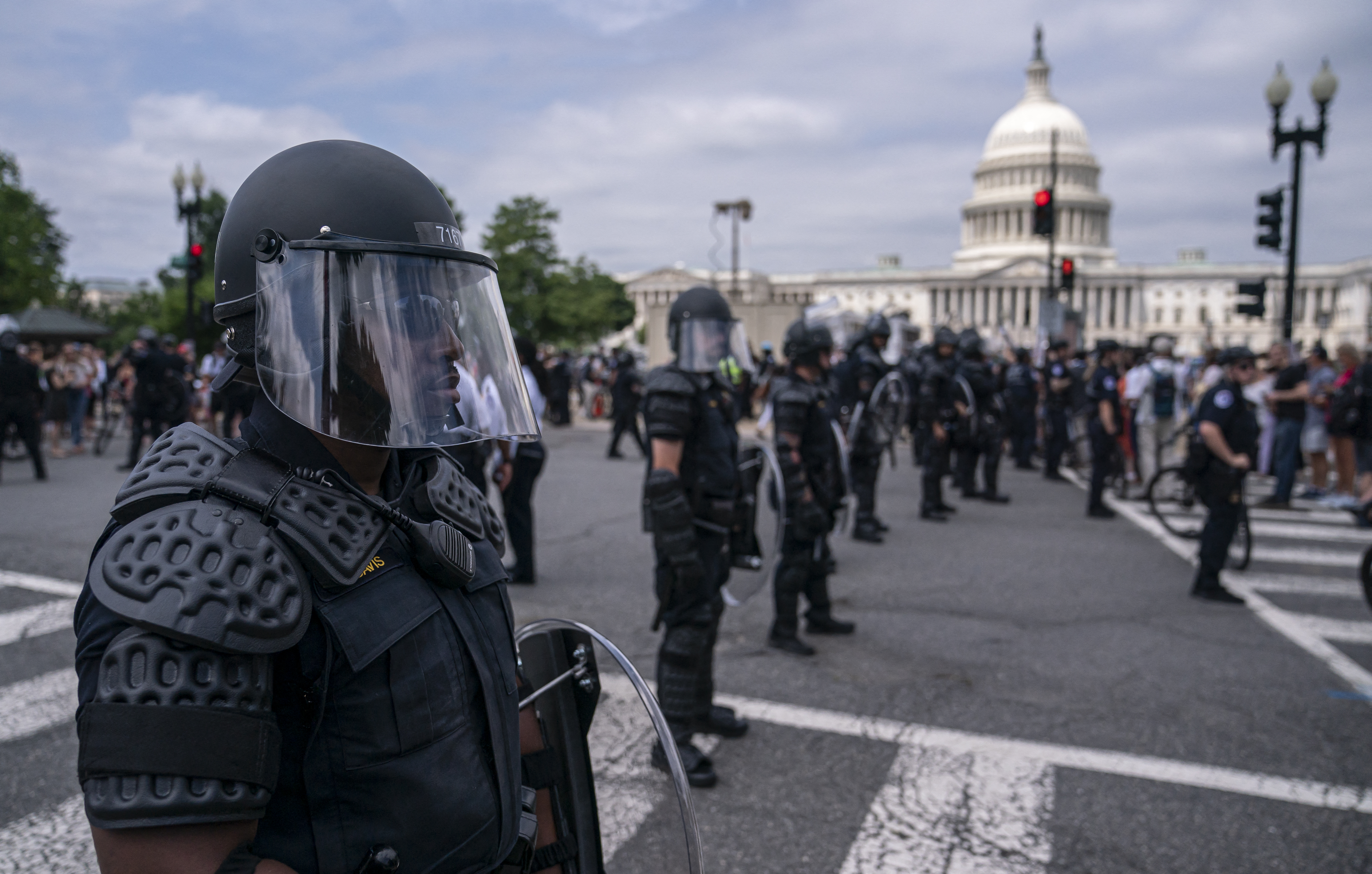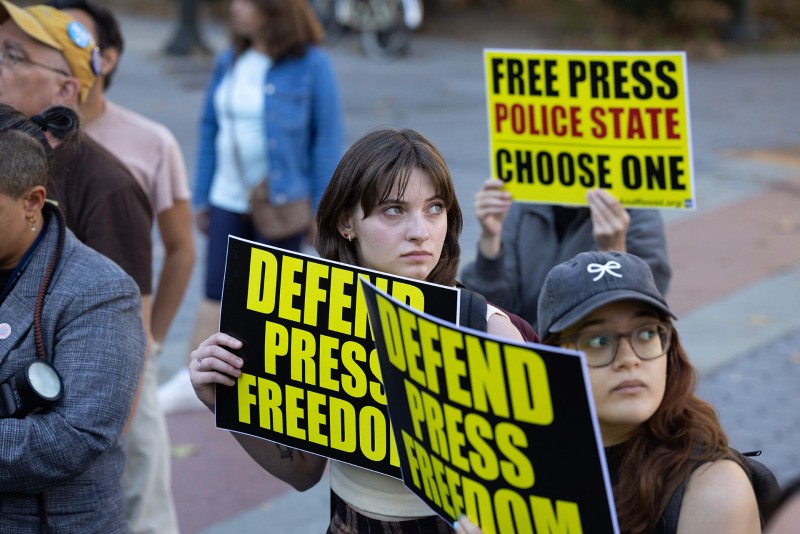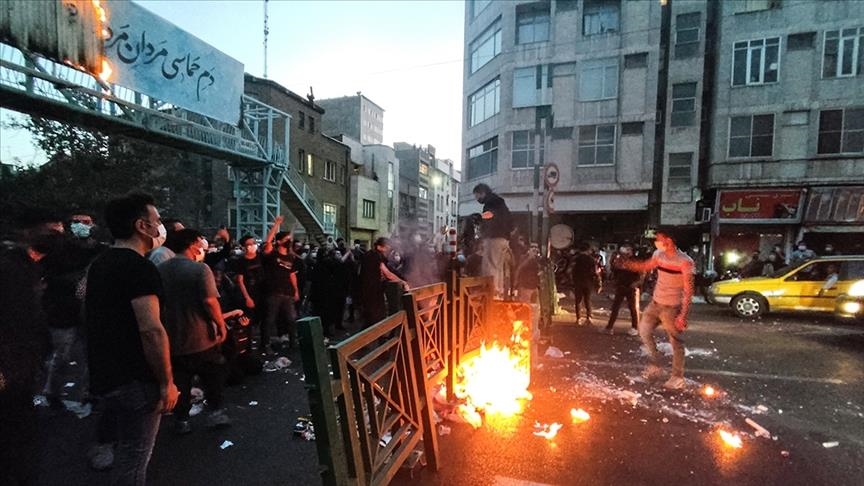
Russia’s Transnational Crackdown on Journalism
October 15, 2025
RSF Demands ICE Honor Its Policies and Respect Journalists’ Rights
October 15, 2025October 15, 2025 – General –
In its call surrounding the International Day to End Impunity for Crimes against Journalists, UNESCO is pressing governments, civil society, media organizations, and international bodies to strengthen collective efforts to investigate and prosecute attacks on journalists. UNESCO stresses that the death of a journalist should not mark the end of the search for truth, and that those who threaten, harm, or kill journalists—or fail to act—must be held accountable.
The day itself—celebrated annually on 2 November—was established by a UN General Assembly resolution in 2013 to spotlight and combat the global culture of impunity surrounding crimes against media workers. UNESCO’s message underscores the urgency of ensuring that crimes such as murder, enforced disappearance, torture, or harassment of journalists are not left without remedy.
To this end, UNESCO advocates for the formation or reinforcement of multi-stakeholder coalitions that pool resources, knowledge, and influence. These coalitions would help coordinate responses across jurisdictions, monitor unresolved cases, provide support to journalists under threat, and push for stronger legal frameworks and judicial follow-through. The organization also links this work to the UN Plan of Action on the Safety of Journalists and the Issue of Impunity, which integrates prevention, protection, prosecution, and advocacy as interlinked strategies.
UNESCO highlights the sobering statistics: a high proportion of journalist killings remain legally unresolved, making impunity the rule in too many countries. It argues that silence, inaction, or selective condemnation erodes trust in justice systems, weakens press freedom, and discourages accountability.
By urging sustained coalition building and greater transparency in how cases are handled, UNESCO aims to transform symbolic observance into concrete gains for journalist safety. Its appeal is that the collective strength of media, civil society, and governments can break the cycle of violence and impunity and protect the essential right to free and safe reporting.
Reference –




